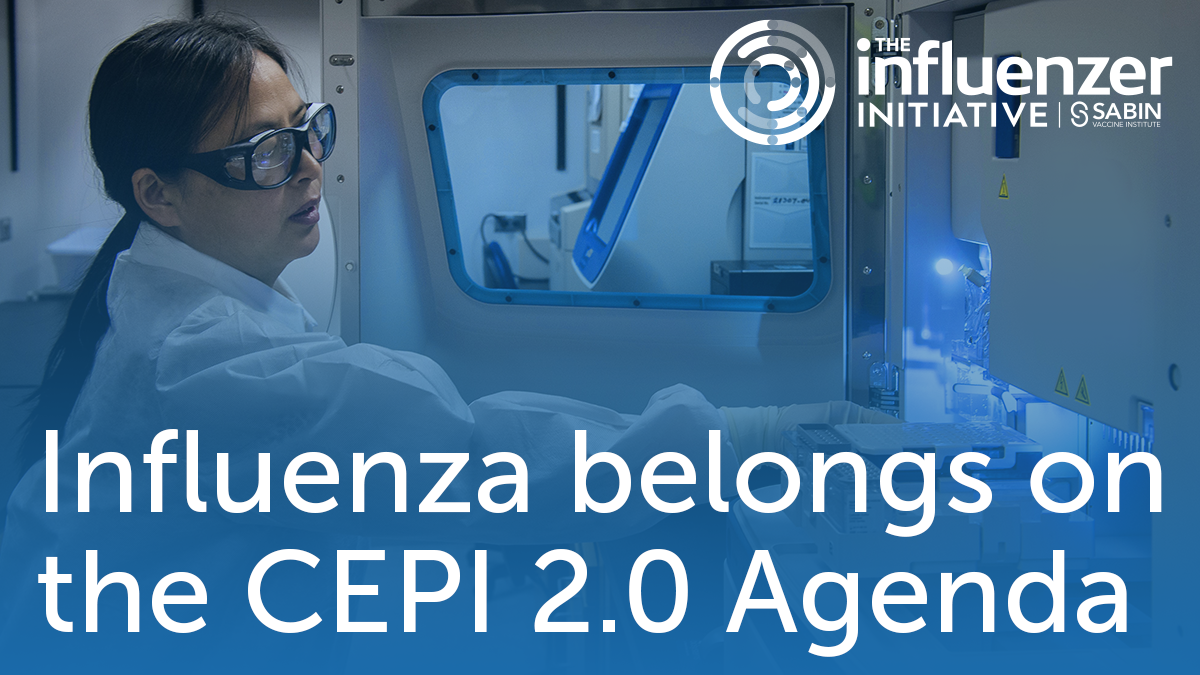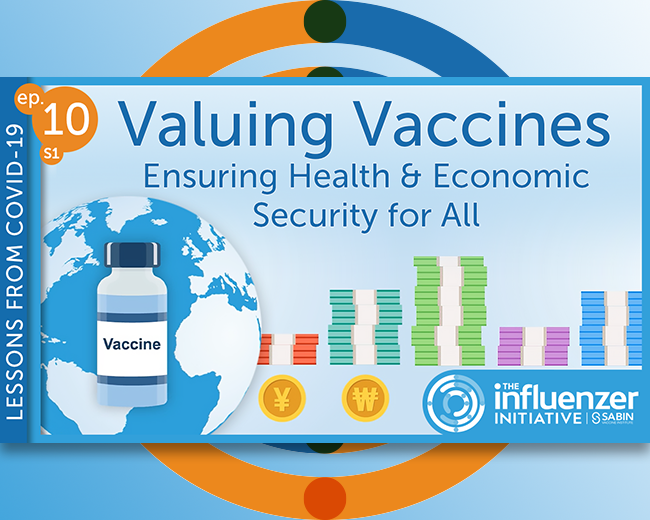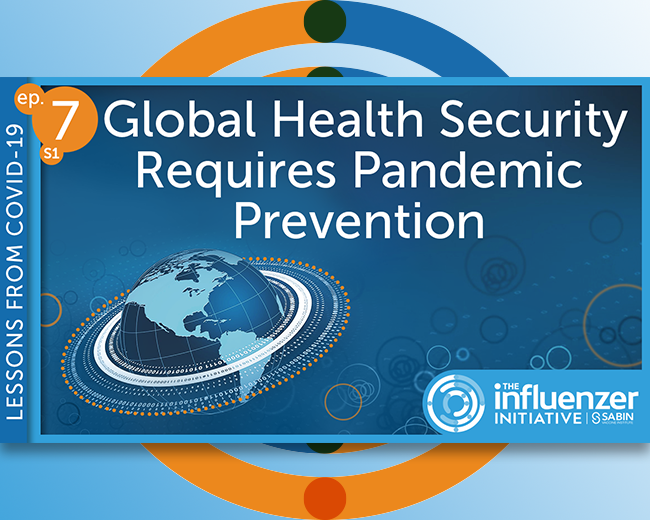A shared commitment to secure our shared future
Pandemic threats did not begin, nor will they end, with COVID-19. How can the world prevent another such disaster from happening?
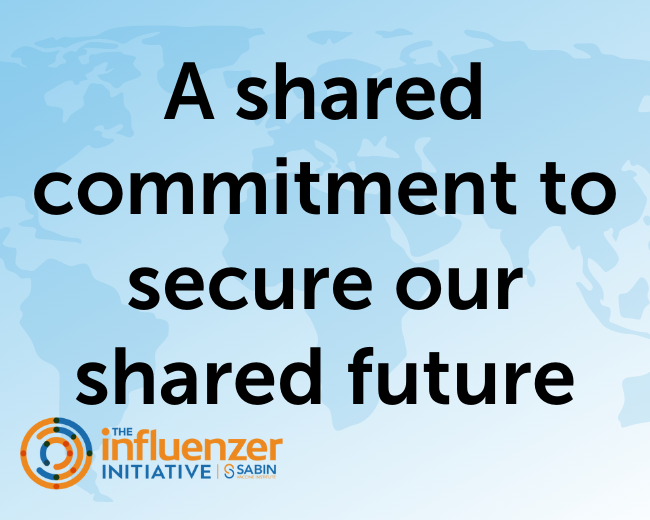
Effective diagnostics, vaccines and therapeutics for COVID-19 were delivered to wealthy countries at record-breaking speed, but these lifesaving technologies have yet to reach many people in lower and middle-income countries (LMICs). Unequal access to vaccines and other pandemic-fighting tools has enabled SARS-CoV-2 to continue its destruction of lives and livelihoods, as well as to evolve faster-spreading and potentially more virulent variants. Pandemic threats did not begin, nor will they end, with COVID-19. How can the world prevent another such disaster from happening?
“If we’re really going to prevent the next pandemic,” states eminent vaccinologist Peter Hotez, Dean of the National School of Tropical Medicine at Baylor University, “[we’re] going to have to put equity front and center. That means empowering the LMICs from the beginning, not as an afterthought.”
Opening the second season of our documentary series, Hotez and a cast of global health experts describe how the world can build an effective system for pandemic preparedness and response that can avert future catastrophes while strengthening health and economic security for all. “Placing Health Atop the World’s Investment Agenda” also features Francesco Berlanda Scorza, Maria Elena Bottazzi, Alan Donnelly, Gagandeep Kang, Hatice Küçük, John Nkengasong, and Vivek Shinde.
Two key lessons from the COVID-19 response—one negative, the other positive—point the way toward a better future. First, given the severe consequences of unequal access to vaccines and other pandemic-responsive technologies, it’s clear that every global region must gain the capacity to design, produce, and distribute them. Second, that once-distant goal has moved firmly within reach thanks to vaccine platforms proven during the response to COVID-19—technologies that can also be harnessed to combat locally- and regionally-important diseases eschewed by pharmaceutical companies pursuing more profitable targets.
We propose that efforts to create comprehensive vaccine ecosystems in LMICs begin by focusing on influenza, which causes significant illness and death throughout the world each year, and which poses a certain pandemic threat. Both risks could be addressed by a highly distributed network of platform-based research and manufacturing. This would provide ongoing benefit to regional populations and could pivot to address any pathogen with pandemic potential, including influenza.
Moreover, increasing influenza vaccine coverage among adults in LMICs would offer multiple knock-on benefits. As CEPI’s Richard Hatchett has noted, “expanding adult vaccination programs worldwide will “improve the quality of life for millions, enhance the ability of countries to respond to future threats, create demand for vaccine, and thereby help sustain the expanding global manufacturing capacity that we need.” In his remarks to the recent Global COVID-19 Summit, he urged the current effort to end the pandemic “lays the foundations of enduring adult vaccination programs, so that next time we don’t face the same hurdles.”
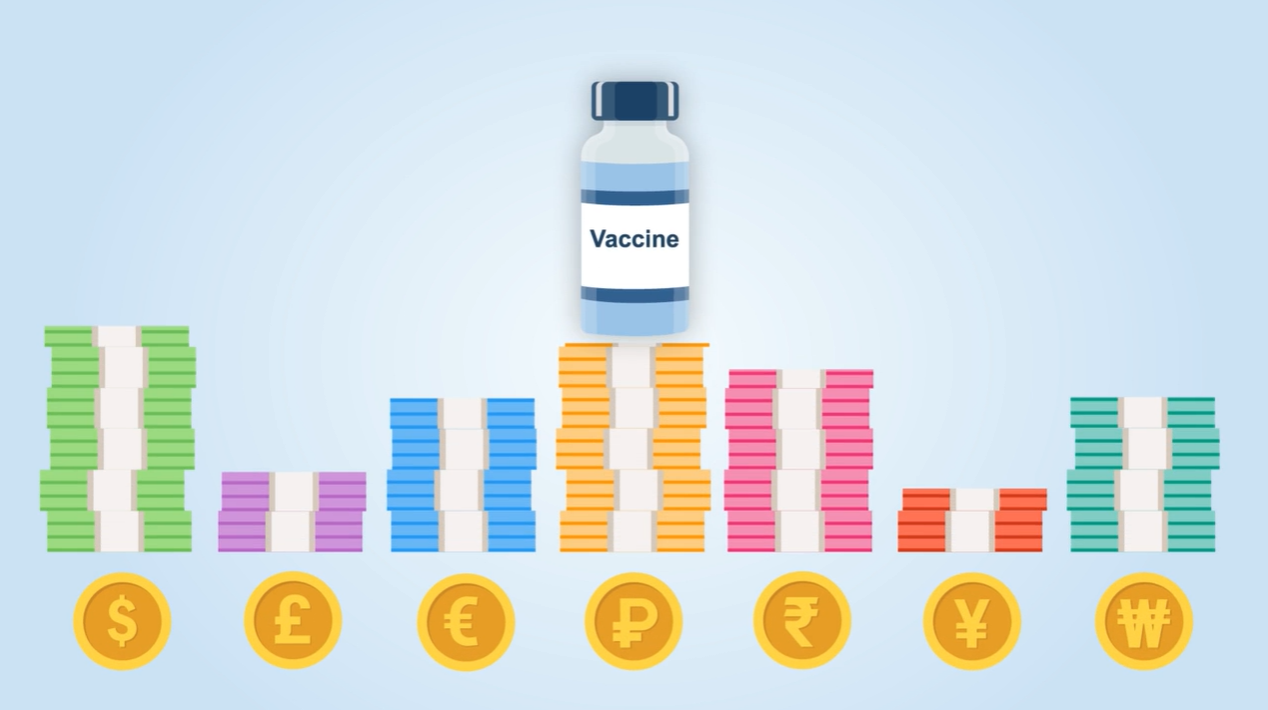 Building and maintaining an effective global network of pandemic-responsive vaccine ecosystems will require a new investment structure that supports health security, instead of responding to serial emergencies.
Building and maintaining an effective global network of pandemic-responsive vaccine ecosystems will require a new investment structure that supports health security, instead of responding to serial emergencies.
As Alan Donnelly, founder and convener of the G20 Health and Development Partnership, asserts in this episode and in a commentary co-authored by economist Mariana Mazzucato, of University College London, the current donor-beneficiary framework, unreliably funded through periodic replenishment, is not up to the task. Instead, they advocate that a financial intermediary fund (FIF), now under construction by the G20, be funded by national governments for a minimum of five years upfront, with intention to incorporate these commitments into annual budgets for sustainability long term.
As envisioned Donnelly and Mazzucato, an effective global pandemic financing mechanism must leverage and reward health system investments by LMICs, much like financing aimed to reduce global carbon emissions. Multilateral development banks and the International Monetary Fund (IMF) would play key roles in financing such an effort; in so doing they would exert significant influence to raise national investment in health by LMIC governments and their private sectors, as they have done for infrastructure, energy and agriculture.
“[T]he fundamental problem of weak health systems in developing countries and under-investment in global health threats will remain — unless securing resilience is recognized as a common goal and its financing is taken up as a global priority,” note the authors of a recent IMF working paper on managing pandemic risks. Only through mutual commitment to health security by individual nations and international facilitators, including development banks and philanthropic organizations, can pandemic preparedness truly be achieved.
“Our health future is linked,” observes Novavax’s Vivek Shinde in this episode. “Our economic future is linked,” he adds. “And those two things are in turn linked and inseparable. So it’s in all of our health interest and collective economic interest to be working together to solve these problems.”
Watch the full video on our YouTube and join the conversation


